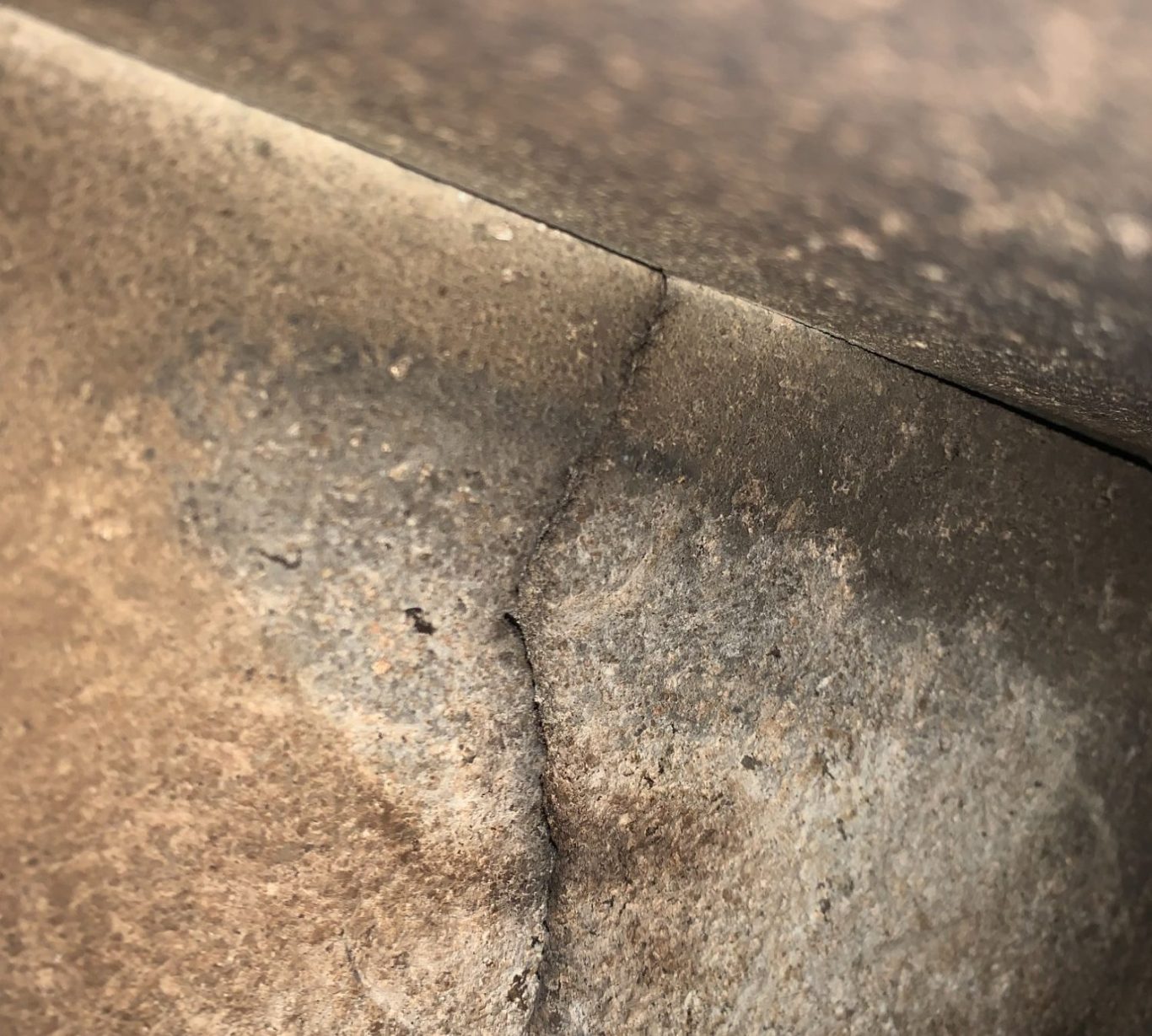
Why do stove bricks crack?
Stove bricks play a crucial role in the efficiency and safety of wood-burning stoves, fireplaces, and even some industrial furnaces. They are designed to withstand high temperatures and provide insulation, helping to keep your home warm during the colder months. However, if you've ever noticed cracks in your stove bricks, you might wonder why this happens and what can be done to prevent it.
In this blog post, we'll explore the reasons behind stove brick cracking and offer some tips on how to minimise this issue.
Thermal Stress
One of the primary reasons stove bricks crack is thermal stress. When you use a wood-burning stove or fireplace, the temperature inside can vary significantly. As you build a fire, the bricks heat up rapidly, and as the fire burns down, they cool down just as quickly. This constant expansion and contraction can create stress within the bricks, leading to cracks over time.
To minimise thermal stress, it's essential to choose high-quality, dense bricks specifically designed for use in stoves and fireplaces. These bricks are better able to handle extreme temperature fluctuations without cracking.
Poor Installation
Improper installation is another common cause of stove brick cracks. If the bricks are not installed correctly it can lead to issues down the road.
Overfiring
Overfiring your stove or fireplace can also cause stove bricks to crack. When you burn excessive amounts of wood or use fuels that produce higher temperatures than your stove or fireplace is designed to handle, it can lead to overheating of the bricks, causing them to crack or even crumble.
To prevent overfiring, always follow the manufacturer's recommendations for your stove or fireplace. Use the appropriate type and amount of fuel, and a stove thermometer.
Moisture
Moisture is an enemy of stove bricks. If water seeps into the bricks through cracks in the chimney or as a result of improper ventilation, it can freeze and expand when the temperature drops, causing the bricks to crack.
To protect your stove bricks from moisture-related damage, make sure your chimney is properly sealed and maintained. Ensure that your stove or fireplace has adequate ventilation to prevent the buildup of moisture inside.
Age and Wear
Over time, stove bricks will naturally wear out and become more susceptible to cracking. The constant exposure to high temperatures and thermal cycling will eventually take a toll on even the best-quality bricks.
Regular maintenance, such as inspecting the bricks for cracks and replacing damaged ones, can extend their lifespan.
Conclusion
Stove brick cracking is a common issue that can affect the performance and safety of your wood-burning stove or fireplace. However, with proper installation, maintenance, and adherence to manufacturer recommendations, you can minimise the risk of cracks and ensure that your stove bricks last for many seasons. If you notice any cracks in your stove bricks, it's essential to address them promptly to prevent further damage and ensure the continued efficiency of your heating appliance.
Written by Gary Walker
Gary, owner of Swept. Chimney Sweeping Services in Huddersfield, is a HETAS trained and approved chimney sweep, co-founder of GD Logs (www.gdlogs.co.uk), and an award-winning direct marketing expert. Raised on a small holding with a passion for wood burners since the 80s, Gary is City & Guilds NPTC qualified in Chainsaws and Tree Felling. He advocates for sustainable heating fuels and possesses a passion for wood burning stoves.
We need your consent to load the translations
We use a third-party service to translate the website content that may collect data about your activity. Please review the details in the privacy policy and accept the service to view the translations.

